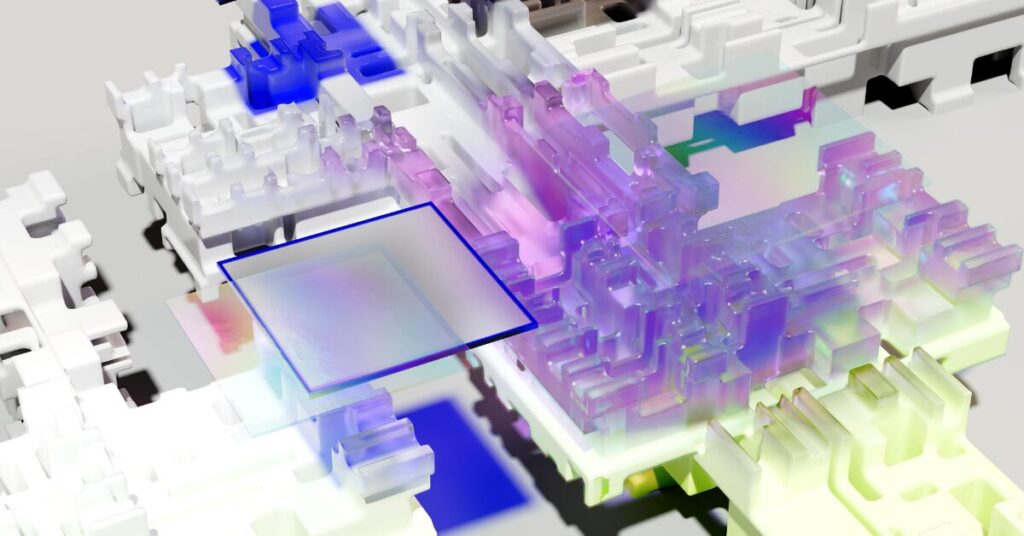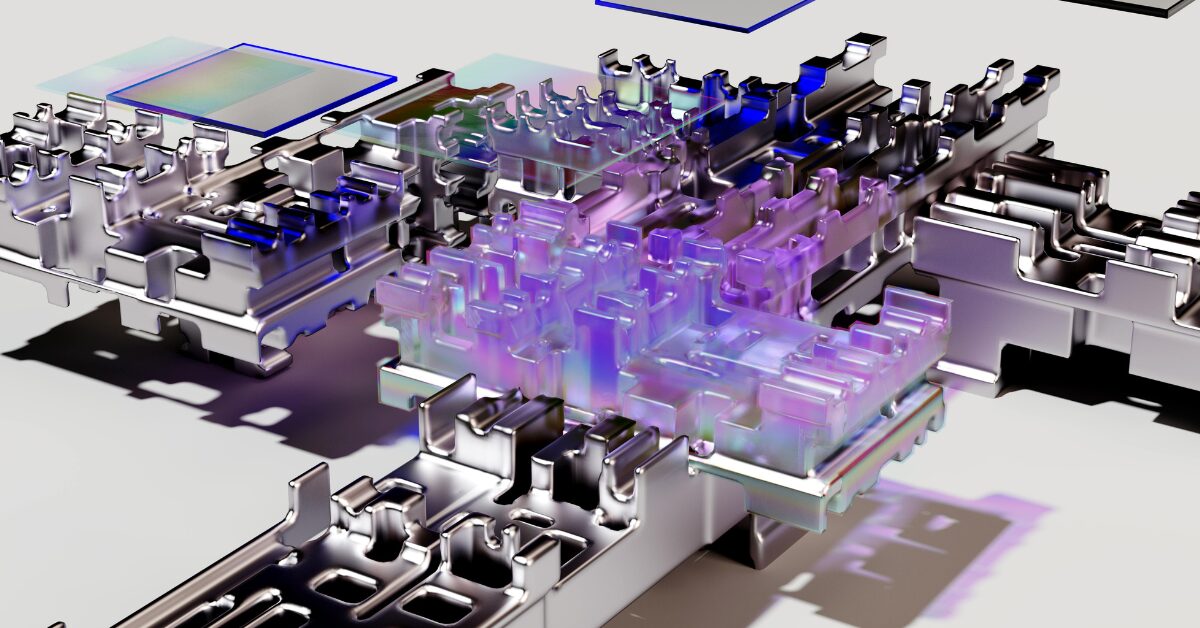Artificial General Intelligence (AGI) refers to a type of artificial intelligence that possesses the ability to understand, learn, and apply knowledge across a broad range of tasks at a human-like level or beyond. Unlike current AI systems, which are specialized in specific tasks (like language translation, facial recognition, or gameplay), AGI would be capable of generalizing knowledge and learning autonomously to solve any problem.
AGI represents a significant leap from Narrow AI (ANI), which dominates the current landscape, and aims to mimic the human brain’s ability to think, reason, and adapt across various domains without explicit programming for each specific task. AGI’s development holds immense potential in transforming industries, economies, and societies by potentially surpassing human capabilities in areas such as research, decision-making, and innovation.
India’s Current Position on AGI
India, as one of the fastest-growing digital economies, is keenly aware of the transformative potential of AI, including AGI. However, the country is currently more focused on leveraging AI and Machine Learning for practical applications that can drive economic growth, enhance governance, and improve public services.
Government Initiatives and AI Policy: Artificial General Intelligence in India
The Government of India has taken several steps to advance AI research and development. The “National Strategy for Artificial Intelligence” (NSAI) by NITI Aayog focuses on AI’s transformative potential in sectors like healthcare, agriculture, education, and transportation. The strategy outlines the importance of building AI capabilities, data governance, and ethics, and creating an AI ecosystem in India. However, the strategy does not specifically focus on AGI, which remains a futuristic and largely experimental area of AI research.
Research and Development: Artificial General Intelligence in India
India has a growing AI research community, with several institutions such as the Indian Institutes of Technology (IITs), Indian Institutes of Science (IISc), and other academic and research bodies actively working on various AI subfields. While there is substantial research in machine learning, natural language processing, and robotics, dedicated efforts toward AGI research are not yet prominent in India. The focus remains on Narrow AI applications that can yield immediate benefits and improvements in public welfare and economic productivity.
Public and Private Sector Collaboration: Artificial General Intelligence in India
Collaboration between the public and private sectors in AI is strong in India, with several tech giants, startups, and academic institutions partnering on AI innovation. However, the primary focus remains on practical AI applications rather than speculative AGI. Companies like TCS, Infosys, Wipro, and startups like Fractal Analytics and Haptik are investing in AI-driven solutions for sectors like finance, healthcare, and customer service.
Ethical Considerations and Regulation: Artificial General Intelligence in India
While AGI promises revolutionary benefits, it also raises significant ethical, safety, and governance concerns. The Indian government, like many others, is cautious about AI regulation and ethics. However, policies and guidelines are still evolving and primarily focus on data privacy, AI ethics, and the potential risks associated with Narrow AI. There is currently no specific regulatory framework for AGI, reflecting the global uncertainty and debate surrounding its development.

Future Potential: Artificial General Intelligence in India
India has the potential to play a significant role in the global AGI landscape, given its large pool of talent in AI, engineering, and computer science. With the right focus on foundational research, ethical considerations, and international collaboration, India could be a key player in the safe and beneficial development of AGI.
While AGI remains a frontier technology with a longer development timeline, India’s current focus is on harnessing AI to drive economic and social benefits. The nation is building a robust AI ecosystem and laying the groundwork that could, in the future, extend to more ambitious AI goals such as AGI. To advance in AGI, India will need to boost foundational research, foster international collaborations, and create a conducive policy environment for AGI exploration and innovation.
Read This Now – Neuralink’s Second Transplant: Future of Brain-Machine Interfaces


Leave a comment